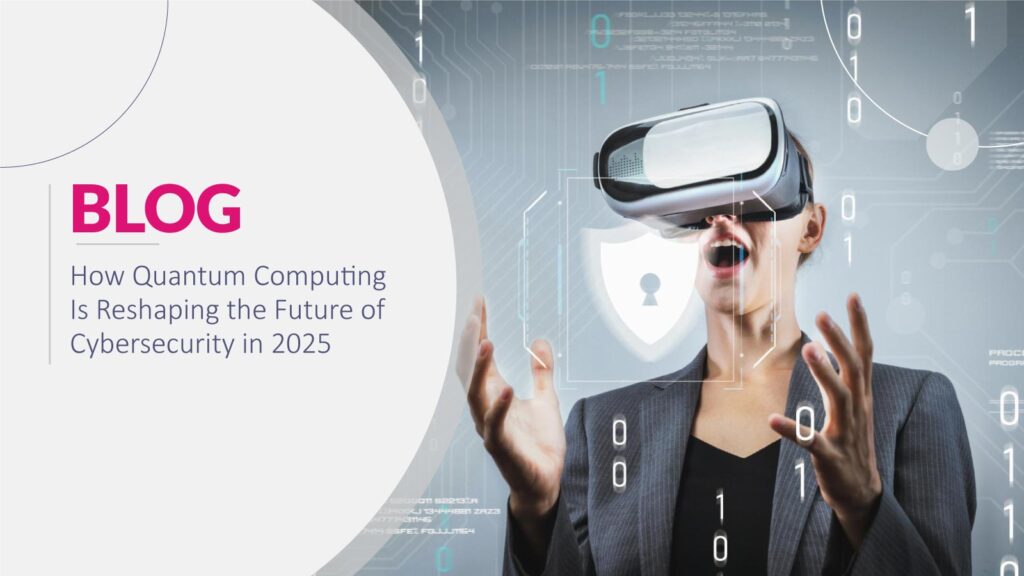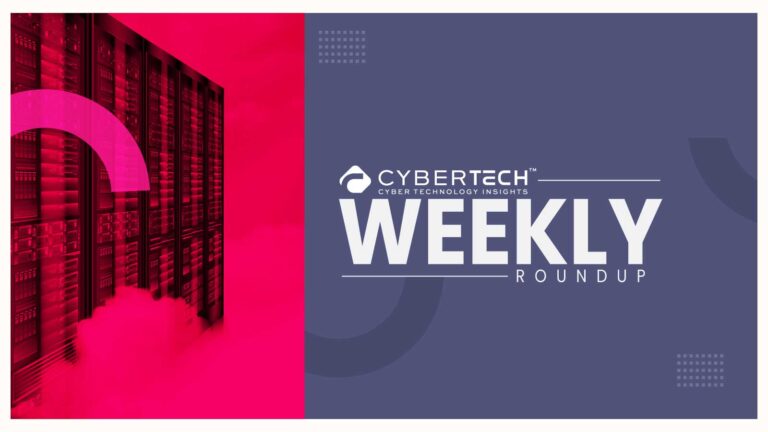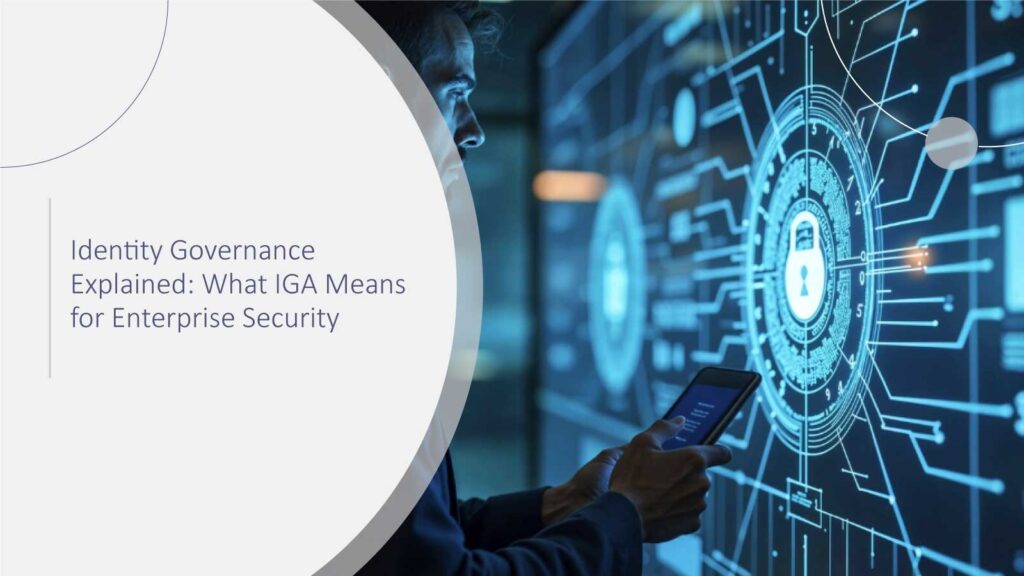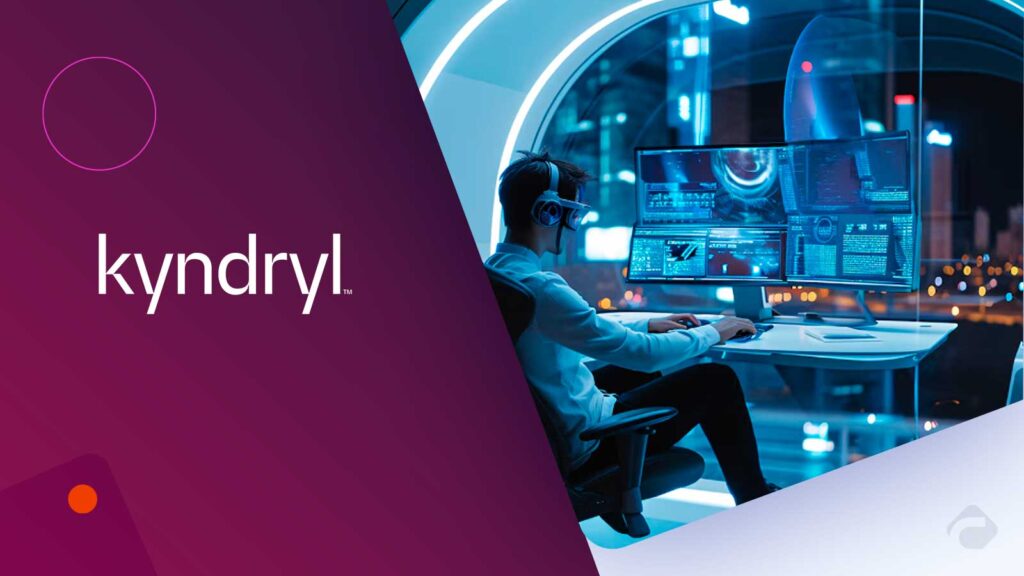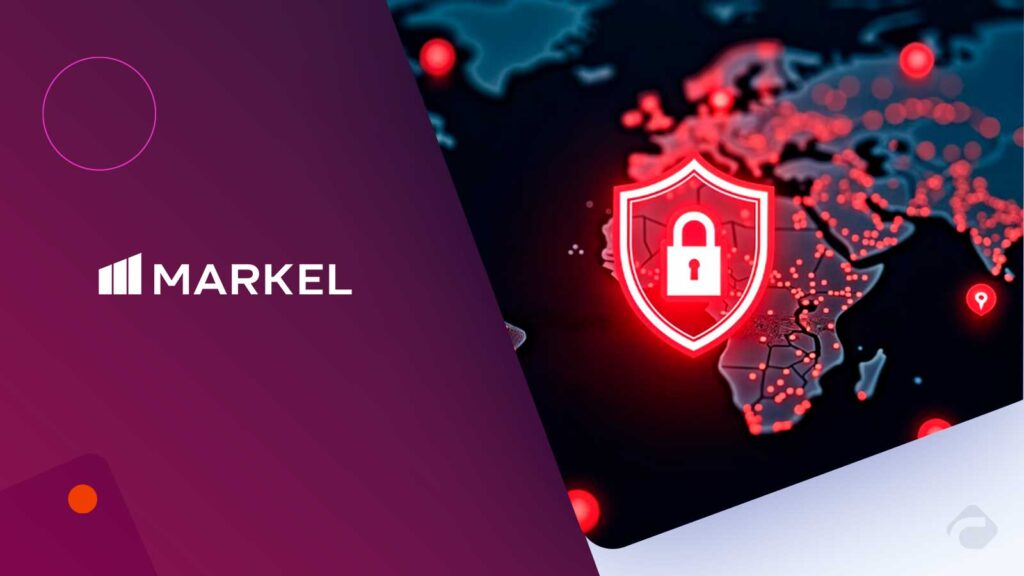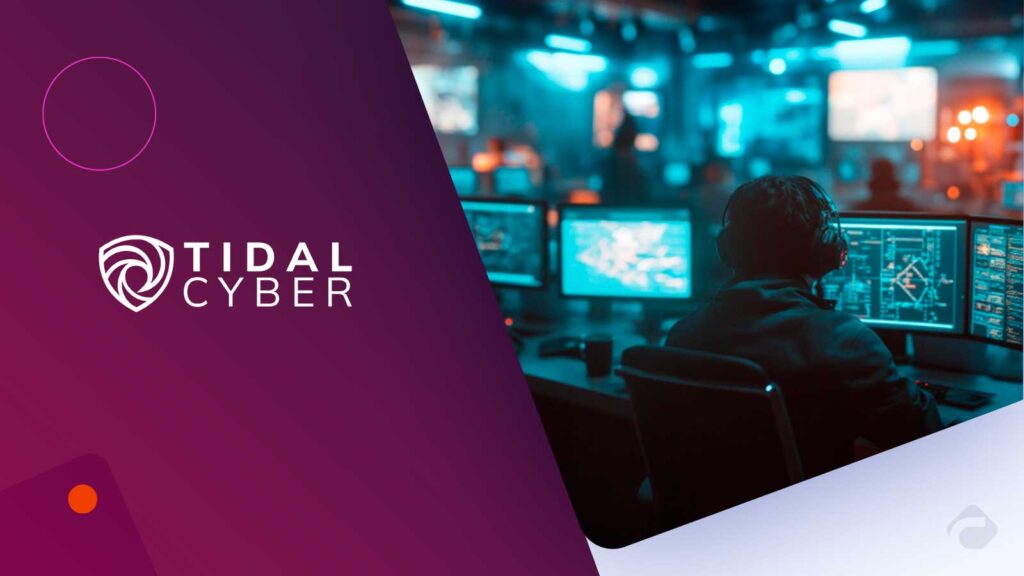Quantum computing is rewriting the rules of cybersecurity in 2025. Discover how quantum threats and quantum defenses are transforming digital risk management for U.S. enterprises.
Cybersecurity is transforming, and there is a paradigm shift. Traditional encryption methods are no longer considered to be robust. Systems are threatened by the exponential advancements in quantum computing. According to Gartner, by 2026, 20% of organizations plan to reserve and dedicate a fixed budget to counter quantum-related threats.
Quantum Computing: What Marketers Need to Know
Quantum computers use qubits, unlike traditional computers that use bits (0s and 1s). Qubits can represent both 0 and 1 at the same time. This superposition enables quantum machines to have immense processing power, allowing them to solve problems that are impossible for classical computers.
Quantum computing has been developed to defeat current encryption systems in a fraction of the time it would take a traditional computer.
This is crucial for marketers. Highly sensitive customer data, behavioral analytics, and campaign performance metrics rely on encryption.
The Cracks in Traditional Encryption Are Widening
Modern security depends on cryptographic systems such as RSA, ECC (Elliptic Curve Cryptography), and AES. These are the encryption guidelines that have been protecting everything from customer log-ins to financial data. But here comes Shor’s Algorithm, a quantum computer algorithm that can factor large primes quickly, the bedrock of RSA encryption.
What would take a classic and traditional computer billions of years, a suitably powerful quantum computer could do in hours.
That is not science fiction. In 2023, scientists at Harvard and Google’s Quantum AI lab made breakthroughs in minimizing quantum error rates, taking us closer to quantum supremacy. Scientists estimate quantum machines could be strong enough to break 2048-bit RSA encryption by the early 2030s.
This poses an increasing threat known as “Harvest Now, Decrypt Later.” Malicious actors are already harvesting encrypted information today, hoping to decrypt it when quantum tools become more advanced.
Enter Post-Quantum Cryptography (PQC): The New Line of Defense
Realizing the danger, the National Institute of Standards and Technology (NIST) has been actively engaged in standardizing Post-Quantum Cryptography (PQC), quantum-resistant encryption algorithms.
In 2022, NIST released the first four quantum-resistant algorithms chosen for standardization. They are CRYSTALS-Kyber for general encryption and CRYSTALS-Dilithium for digital signatures. Implementation across industries is anticipated to pick up speed through 2025 and beyond.
What does this portend for U.S. businesses? It’s time to begin moving data and applications to PQC-capable infrastructure, particularly those that process long-term sensitive data such as customer identities, medical records, and financial credentials.
Real-World Impact: Quantum Computing Is Reshaping Enterprise Security Strategies
The shift has already started. Large businesses are testing quantum-safe initiatives:
- IBM introduced its Quantum Safe Roadmap, which directs organizations to evaluate risk, inventory cryptographic resources, and put in place a quantum-resilient architecture.
- Accenture has started counseling customers on quantum-readiness reviews to future-proof their digital business.
- The U.S. National Security Agency (NSA) released a directive in 2022 for federal agencies to shift to quantum-resistant encryption by 2035.
These actions send a strong message: quantum isn’t merely a tech buzzword, it’s a strategic cybersecurity imperative.
For marketing teams, this impacts customer trust, brand reputation, and regulatory compliance. If a data breach happens because of outdated encryption, the damage isn’t merely technical; it’s reputational.
Quantum Computing & Tech in 2025
According to a report from McKinsey, the global quantum computing market will reach $93 billion by 2030. However, this is more than just a growth story about a market, this is the beginning of a global quantum arms race, a competition among nations and corporations to explore the full potential of quantum computing.
Massive Government Investment.:
Countries such as the United States, China, and European Union member states are investing billions of dollars into national quantum programs, working towards technological leadership in a post-quantum realm, as well as ensuring data security.
Surge in Corporate Innovation:
Corporations like IBM and Google, and start-ups like Rigetti and IonQ are racing to build scalable quantum processors that could disrupt industrial sectors such as drug discovery and logistics.
Offensive vs. Defensive Capability:
On the one hand, quantum computers could break today’s encryption standards, which means a tremendous risk. On the other hand, there is an effort to create quantum-safe cryptography for sensitive settings before this occurs.
Geopolitical Stakes:
Quantum supremacy is no longer just a goal for technology; it is becoming a strategic asset. A preemptive advantage in quantum could yield a lead on cybersecurity, defense, and economic intelligence. As we look towards 2025, this quantum race is more than just innovation; it is the first step in preparation for a new chapter.
Quantum-AI: The Future Danger and Opportunity
As quantum computing emerges, it is coinciding with another, even more revolutionary force: artificial intelligence. Together, these two technologies are opening up a new frontier. Researchers in 2025 will determine how QML can exponentially faster than classical AI process vast troves of data. For marketers, this may be the key to hyper-personalized campaigns with instantaneous audience forecasting. But from the security standpoint, this combination is a double-edged sword.
Imagine cybercriminals using QML to circumvent anomaly detection, develop polymorphic malware, or reverse engineer security controls at quantum speed. This is not science fiction, the laboratories are already demonstrating proof-of-concept for these use cases.
University of Chicago researchers in 2024 revealed QML algorithms for simulating network traffic patterns, which were able to circumvent intrusion detection systems 30% more than classical AI.
On the other hand, quantum AI can work for the good. Enterprises are starting to invest in quantum-accelerated behavioral analytics so they can hopefully predict insider threats and identity theft. When paired with post-quantum encryption, this may create a formidable layer of defense.
Conclusion: A New Quantum Computing Era Calls for Action In 2025,
Quantum computing is no longer a sci-fi buzzword. It is a fundamental aspect of cybersecurity. It is going to reshape business security paradigms and disrupt legacy encryption models, and its impact will be extensive and immediate.
U.S. companies must act now, including assessing investments in post-quantum preparedness, collaborating on global, interoperable standards, and preparing for the intersection of quantum and artificial intelligence. The champions in this new age of cybersecurity will not simply defend, they will reinvent and lead.
FAQs
What is Quantum Computing, and why is that significant for cybersecurity?
Quantum computers compute quantum bits (or qubits) that can exist in many states simultaneously, so a quantum computer can compute complex problems much more quickly than regular computers can.
What is the “Harvest Now, Decrypt Later” threat?
This threat describes cybercriminals obtaining your encrypted information today and intending to decrypt it in the future when they have access to a quantum computer. Customer information, financial information, or other sensitive information is vulnerable, even if it was thought to be safe by today’s cryptography.
How rapidly could quantum computers undermine encryption standards in place today?
Experts generally take the view that powerful enough quantum computers to break 2048-bit RSA encryption could become available in the early 2030s. Yet, due to rapid developments in quantum error correction, there are some who expect this to happen much earlier, and therefore growing urgency to plan ahead now.
How does quantum computing influence the marketing industry?
Marketing teams hold sensitive customer information, behavioral information, and effectiveness information, information derived from robust encryption, where a compromise might result in severe consequences for the brand as well as customer trust.
Are governments or corporations doing anything about it?
Indeed, IBM has launched its Quantum Safe initiative, Accenture is conducting a quantum readiness review, and the NSA has mandated that all federal agencies migrate to quantum-resistant encryption by 2035. Governments everywhere are spending billions on quantum security measures.

